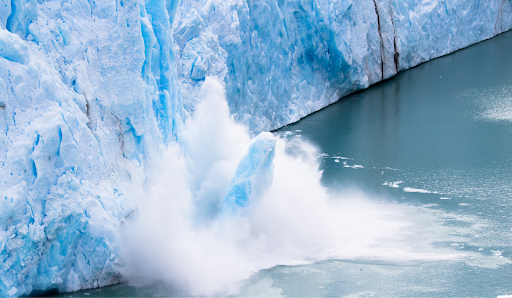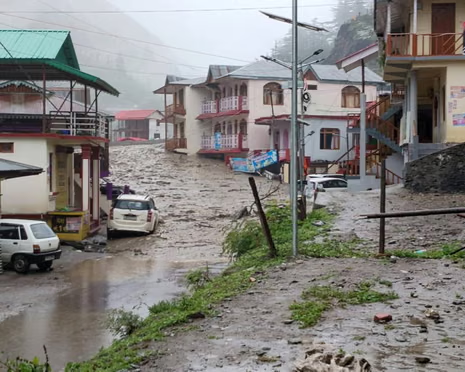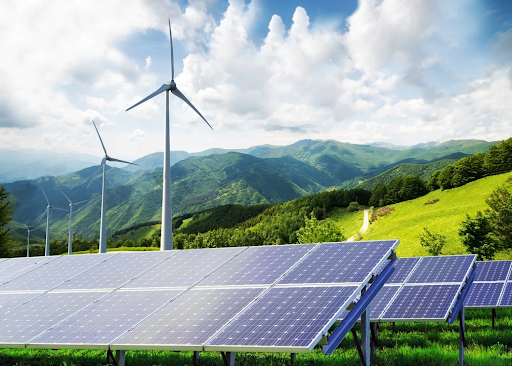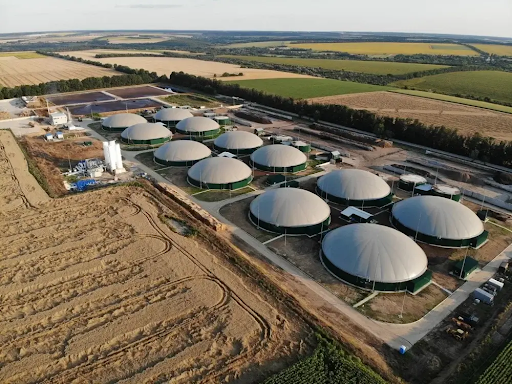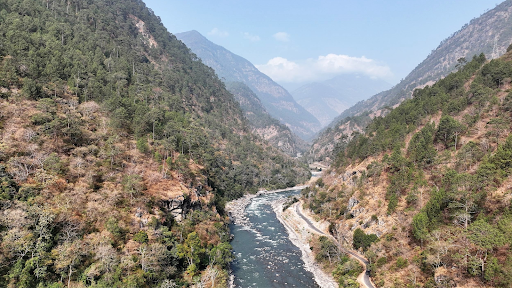Description
Disclaimer: Copyright infringement not intended.
Context:
The water cycle is important as it not only enables the availability of water for all living organisms but it at the same time regulates weather patterns on Earth.
Background
- Climate change is wreaking havoc on the water cycle of earth with serious consequences for ecosystems and human populations.
- The Global Water Monitor Report 2024 highlights the alarming impacts of climate change on water distribution and availability.
- The findings suggest that the water cycle is becoming more erratic affecting billions of people around the world.
What is the water cycle?
- The water cycle is the constant movement of water in all its phases — solid, liquid, and gas — on the ground, inside the ground, and in the atmosphere.
- Most water cycles through the planet because of the energy from the Sun and changes in temperatures.
-
- For example, water on the ground or in bodies of water escapes into the atmosphere as water vapor through a process called evaporation.
- Some water is taken up by plants from the soil and released as water vapour, a process known as transpiration.
How is climate change impacting the water cycle?
- Climate change has intensified the water cycle. As global temperatures rise, more water evaporates into the atmosphere.
- The ability of warmer air to hold moisture increases by approximately 7% for every 1 Celsius increase in temperature.
- This leads to stronger storms as well as increased rainfall intensity and catastrophic flooding in various regions.
Regional variability
- The impact of climate change on the water cycle is not uniform. Some areas experience more frequent and intense storms while others suffer from prolonged drought.
- As evaporation rates increase, soil moisture decreases exacerbating drought conditions.
- When rain does occur, it often runs off hard, dry ground and cannot adequately replenish water sources.
Future projections for the water cycle
- If greenhouse gas emissions are not controlled, global temperatures could rise by 2.6 to 3.1 degrees Celsius this century.
- Such an increase is expected to make the water cycle even more unbalanced. A study published in 2022 showed that climate change has already intensified the global water cycle by up to 7.4%.
- The Intergovernmental Panel on Climate Change has warned of long-term changes to the water cycle, predicting more frequent and intense droughts and extreme rainfall.
What are the findings of the latest report?
Category
|
Details
|
|
Water-Related Disasters (2024)
|
8,700+ fatalities, 40 million displaced, $550 billion in economic losses
|
|
Record-Dry Months (2024)
|
38% more than the 1995-2005 baseline
|
|
Record High Rainfall (2024)
|
Monthly rainfall records set 27% more often, daily rainfall records set 52% more frequently
|
|
Terrestrial Water Storage (TWS)
|
Ongoing low values in dry regions; increases in western, Central and Eastern Africa
|
|
Drought Forecast (2025)
|
Potential worsening in northern South America, southern Africa and parts of Asia
|
|
Flood Risks (2025)
|
Increased in wetter regions like the Sahel and Europe
|
Implications for future water management
- The conclusions point to an urgent need for effective water management strategies. Countries must adapt to a changing climate by adopting sustainable practices.
- Investments in infrastructure for efficient management of water resources are essential.
- International cooperation will be essential in addressing the global water crisis exacerbated by climate change.
READ ABOUT
2024 Annual Groundwater Quality Report
Source:
INDIAN EXPRESS
|
PRACTICE QUESTION
Q.Discuss the impact of climate change on Earth's water cycle, focusing on changes in precipitation patterns, droughts, floods and water availability. Suggest mitigation strategies to address these challenges. (250 words)
|







